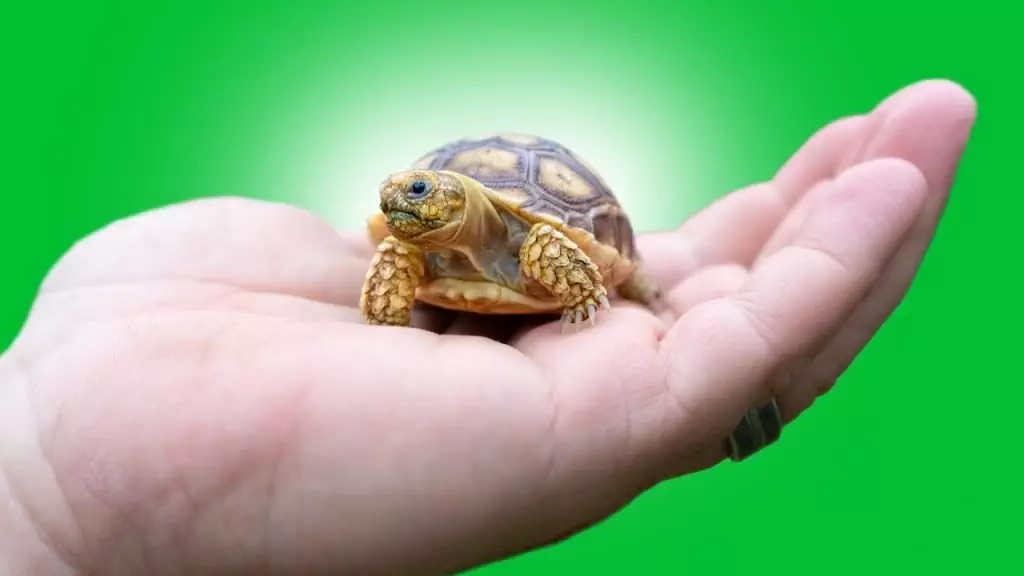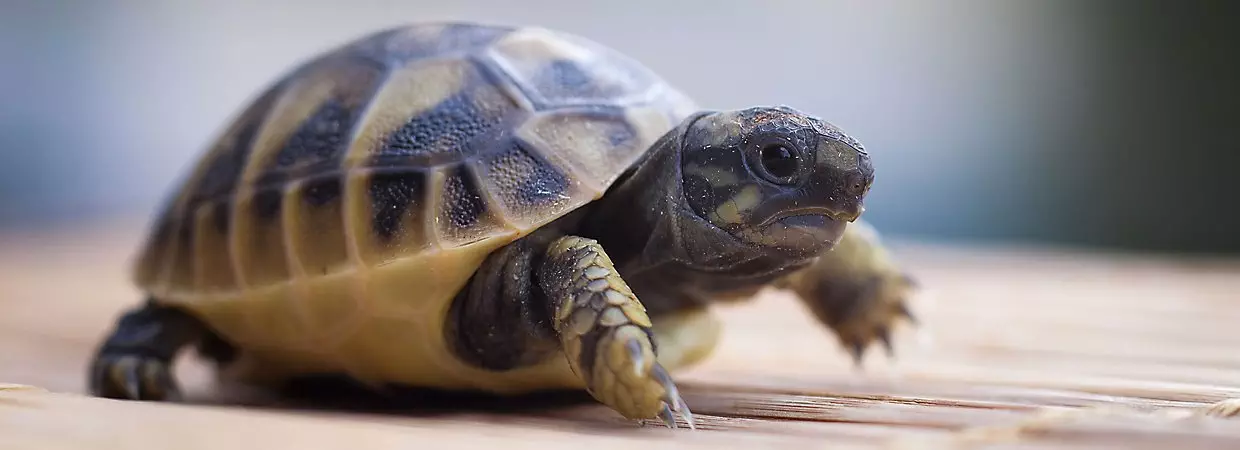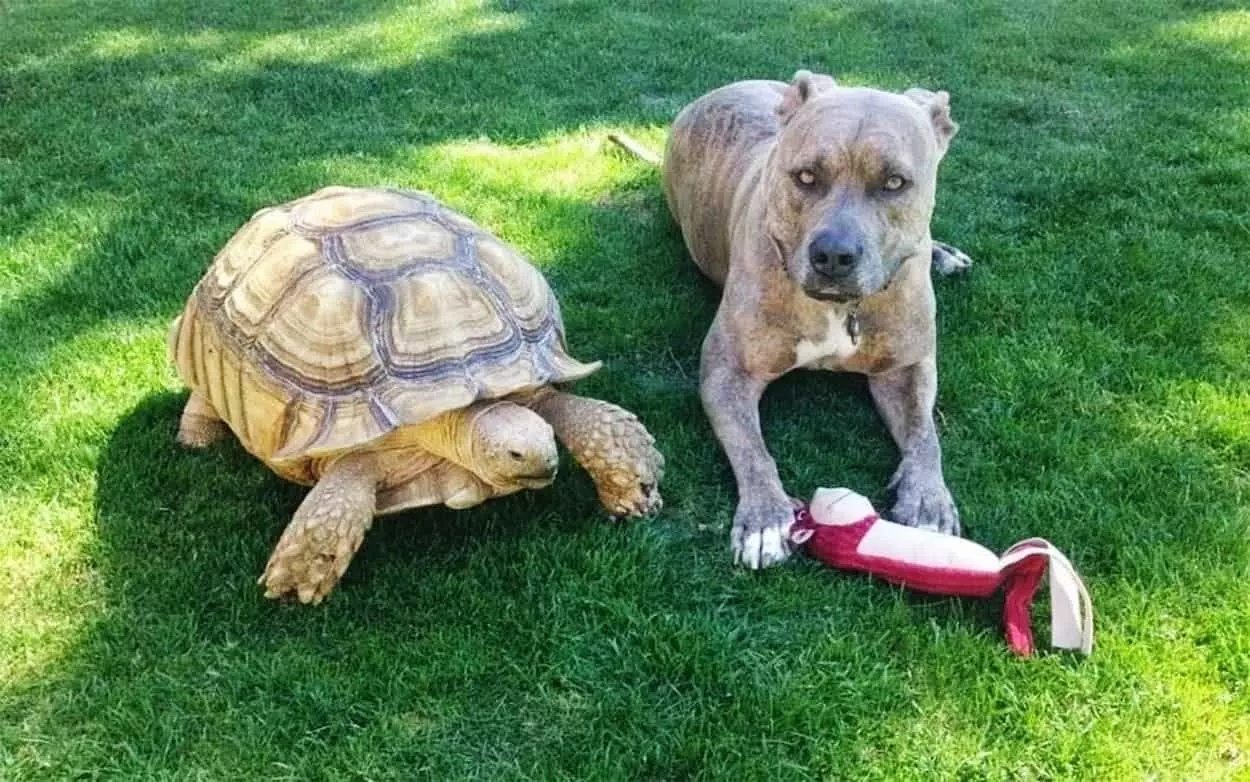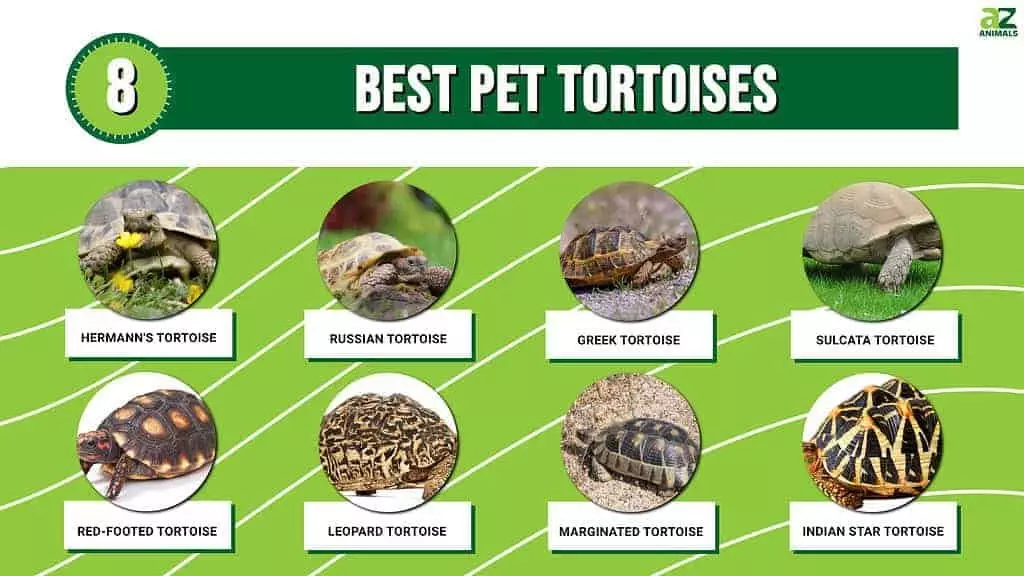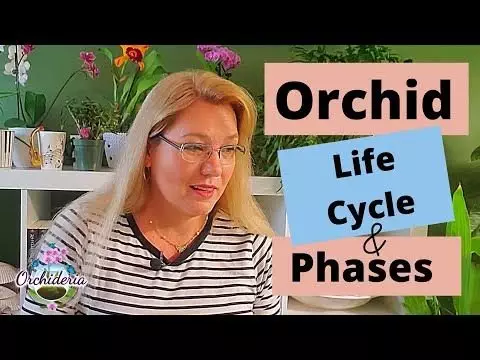As a pet owner and lover of all animals, I have always been fascinated by the unique and captivating nature of tortoises. These slow-moving creatures have become increasingly popular as pets in recent years, and for good reason. Tortoises make wonderful companions for those seeking a low-maintenance yet rewarding pet.
When considering a tortoise as a pet, it is crucial to choose the right species that suits your lifestyle. Each species has its own specific needs and requirements, so it’s important to do your research before making a decision. By understanding the factors involved in choosing a tortoise pet, you can ensure that you provide the best possible care for your new reptilian friend.
To explore more about tortoises, I recommend you to check out the Top Tortoise!
Key Takeaways
- When choosing a tortoise pet, it’s important to consider your lifestyle and living situation.
- There are many different species of tortoises, each with their own unique needs and characteristics.
- Small tortoise species like the Russian tortoise are great for apartment living, while larger species like the sulcata tortoise need outdoor space.
- Beginner pet owners may want to consider a species like the Greek tortoise, while experienced owners may enjoy the challenge of caring for a more exotic species like the leopard tortoise.
- Families with children should look for a species that is gentle and easy to handle, while those with limited time for care may want to consider a low-maintenance species like the Hermann’s tortoise.

Factors to Consider When Choosing a Tortoise Pet
Size and space requirements are one of the most important factors to consider when choosing a tortoise pet. Different species vary greatly in size, with some reaching only six inches while others can grow up to three feet long! It’s essential to consider how much space you have available for your new companion before making any decisions.
Diet and feeding habits also play an integral role in caring for tortoises. Some species are herbivores while others may require additional protein sources such as insects or small animals. Understanding their dietary needs will help ensure that they receive proper nutrition throughout their lives.
Lifespan and commitment are significant considerations when deciding on any pet, including tortoises. These remarkable creatures can live for several decades or even over 100 years! It’s essential to be prepared for this long-term commitment before bringing one into your home.
Temperament and behavior should not be overlooked either when selecting a tortoise as a pet. While generally docile creatures, some species may exhibit more aggressive behaviors than others or require specific handling techniques due to their natural instincts.
Understanding the Different Species of Tortoises
Tortoises come in a wide variety of species, each with its own unique characteristics and care requirements. It’s crucial to understand the differences between these species to ensure that you choose the right one for your lifestyle.
One of the most popular tortoise species is the Russian Tortoise (Testudo horsfieldii). These small and hardy creatures are well-suited for apartment living due to their compact size and ability to thrive in indoor enclosures. They have a gentle temperament and are relatively easy to care for, making them an excellent choice for beginner pet owners.
On the other end of the spectrum, we have large tortoise species like the African Spurred Tortoise (Geochelone sulcata) or Sulcata Tortoise. These magnificent creatures can grow up to three feet long and require ample outdoor space to roam freely. Due to their size and specific habitat needs, they are better suited for experienced pet owners with access to large yards or outdoor enclosures.
Small Tortoise Species for Apartment Living
For those living in apartments or smaller homes, there are several small tortoise species that can make great companions. The Greek Tortoise (Testudo graeca) is another popular choice due to its manageable size and adaptability. They thrive in both indoor and outdoor environments but require proper heating and lighting setups when kept indoors.
Another suitable option is the Hermann’s Tortoise (Testudo hermanni), known for its vibrant colors and friendly disposition. These small tortoises do well in both indoor enclosures with UVB lighting as well as outdoor pens during warmer months.
Large Tortoise Species for Outdoor Living
If you have ample outdoor space available, larger tortoises can provide an incredible experience as pets. The Aldabra Giant Tortoise (Aldabrachelys gigantea) is one such example; these majestic creatures can live up to 200 years old! However, due to their massive size and specific habitat requirements, they are better suited for experienced pet owners who can provide the necessary care.
The Galapagos Tortoise (Chelonoidis nigra) is another large species that requires outdoor living spaces. These iconic tortoises are known for their longevity and unique appearance. However, it’s important to note that they have strict dietary needs and require a warm climate to thrive.
Tortoise Species for Beginner Pet Owners
For those new to tortoise ownership, there are several species that are well-suited for beginners. The Russian Tortoise mentioned earlier is an excellent choice due to its small size, ease of care, and friendly temperament. They adapt well to indoor enclosures and can be a great introduction into the world of tortoise ownership.
Another suitable option is the Egyptian Tortoise (Testudo kleinmanni). While slightly more challenging to find in captivity, these small tortoises make wonderful pets with proper care. They require a warm environment with access to natural sunlight or UVB lighting.
Tortoise Species for Experienced Pet Owners
Experienced pet owners may be interested in more challenging species such as the Red-footed Tortoise (Chelonoidis carbonaria). These medium-sized tortoises require larger enclosures with ample space for exploration. They have specific dietary needs that include both plant matter and protein sources like insects or worms.
The Indian Star Tortoise (Geochelone elegans) is another option suitable for experienced pet owners due to its unique shell pattern and specific care requirements. These beautiful creatures need access to both indoor heated enclosures as well as outdoor pens during warmer months.
Tortoise Species for Families with Children
When choosing a tortoise pet for families with children, it’s essential to consider not only the size but also the temperament of the species. The Hermann’s Tortoise mentioned earlier is an excellent choice for families due to its small size and friendly nature. They are generally docile and can tolerate gentle handling by children.
The Marginated Tortoise (Testudo marginata) is another species that can be suitable for families with children. These medium-sized tortoises have a calm temperament and are known for their unique shell patterns. However, it’s important to supervise interactions between young children and tortoises to ensure the safety of both parties.
Tortoise Species for Those with Limited Time for Care
For individuals with limited time available for pet care, there are several tortoise species that require less attention compared to others. The Pancake Tortoise (Malacochersus tornieri) is one such example; these small tortoises have unique flat shells and do not require as much space or maintenance as larger species.
The Russian Tortoise mentioned earlier also falls into this category, as they are relatively low-maintenance pets that can thrive in indoor enclosures without constant supervision.
Caring for Your Tortoise Pet: Diet, Habitat, and Health
Regardless of the species you choose, proper care is essential to ensure the health and well-being of your tortoise pet. A balanced diet consisting of fresh vegetables, fruits, grasses, and occasionally protein sources like insects or worms is crucial. It’s important to research the specific dietary needs of your chosen species to provide them with optimal nutrition.
Creating a suitable habitat is equally important; indoor enclosures should mimic their natural environment as closely as possible. This includes providing proper heating elements such as heat lamps or under-tank heaters along with UVB lighting sources to meet their specific lighting requirements.
Regular veterinary check-ups are essential in maintaining your tortoise’s health. Finding a reptile-savvy veterinarian who can provide routine examinations will help catch any potential health issues early on.
Conclusion: Choosing the Right Tortoise Pet for Your Lifestyle
In conclusion, choosing a tortoise pet is an exciting and rewarding experience. By considering factors such as size, space requirements, diet, temperament, and commitment level, you can make an informed decision that aligns with your lifestyle.
Whether you opt for a small tortoise species suitable for apartment living or a large species that requires ample outdoor space, it’s crucial to provide the proper care and attention they need. Remember to research the specific needs of your chosen species and consult with experts or experienced owners to ensure you are providing the best possible care.
Tortoises can bring joy and companionship into our lives for many years to come. With the right knowledge and commitment, they can become cherished members of our families. So take your time in choosing the perfect tortoise pet that fits your lifestyle – I promise you won’t be disappointed!
FAQs
What is a tortoise?
A tortoise is a reptile that belongs to the family Testudinidae. They are known for their hard, protective shells and slow movements.
What are some popular species of tortoise kept as pets?
Some popular species of tortoise kept as pets include the Russian tortoise, the Hermann’s tortoise, the Greek tortoise, the sulcata tortoise, and the leopard tortoise.
How do I choose the right species of tortoise for my lifestyle?
When choosing a tortoise species for your lifestyle, consider factors such as the size of the tortoise, its dietary needs, its activity level, and its lifespan. Research the specific needs of each species before making a decision.
What kind of habitat does a tortoise need?
Tortoises need a habitat that includes a basking area, a hiding area, and a substrate that allows for digging. They also need access to fresh water and a varied diet.
What should I feed my tortoise?
The diet of a tortoise varies depending on the species, but generally includes a mix of leafy greens, vegetables, and fruits. Some species also require a source of protein, such as insects or cooked meat.
How long do tortoises live?
Tortoises can live for several decades, with some species living up to 100 years or more.
Do tortoises make good pets?
Tortoises can make good pets for those who are willing to provide the proper care and habitat. They are low-maintenance and can be very rewarding to care for. However, they are a long-term commitment and require a significant amount of space and resources.
Originally posted 2024-03-05 14:53:45.
